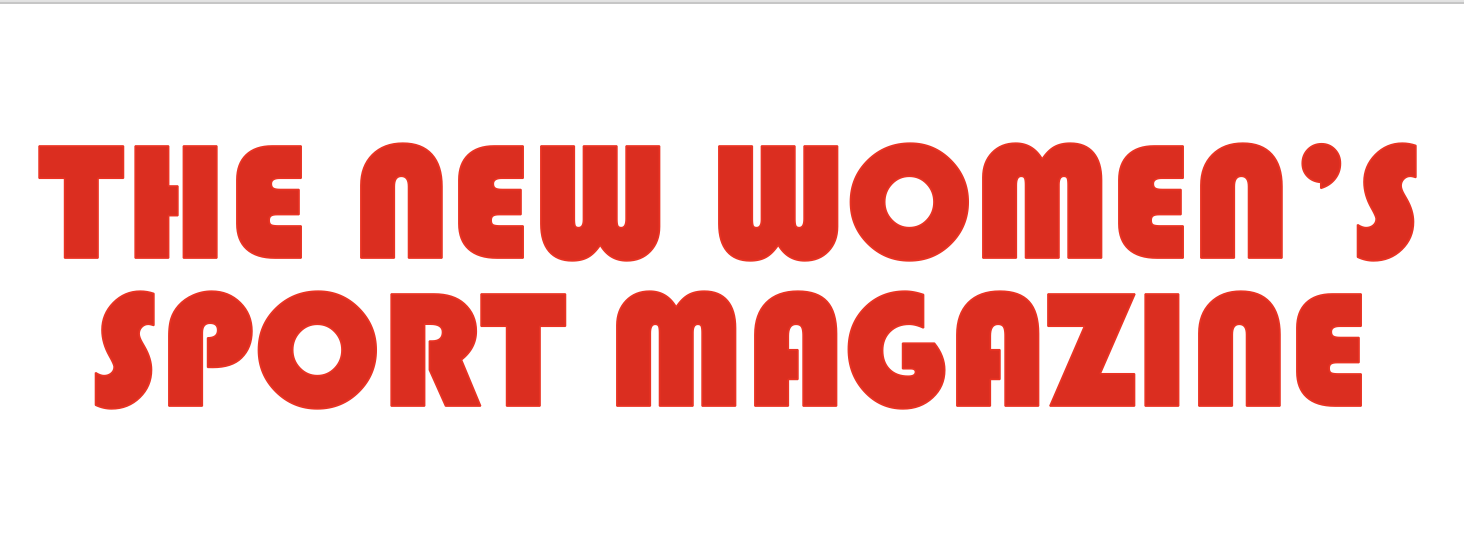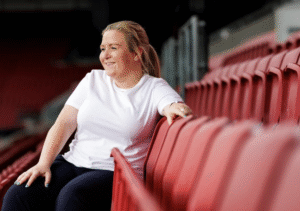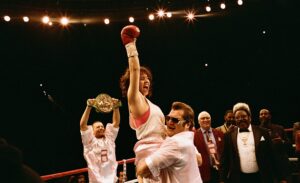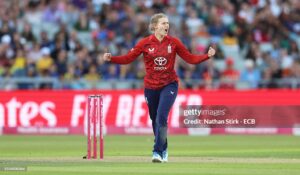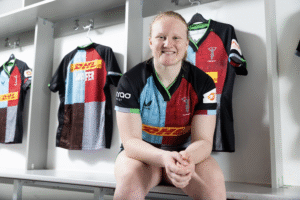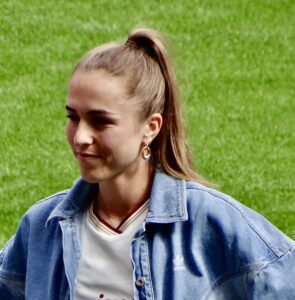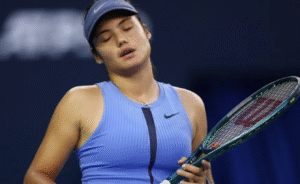MISSION AMBITION – AFC Bournemouth want to get “WSL ready”
Newly promoted AFC Bournemouth have immediately settled into Tier 3 of the FAWNL. In a new series of Club Spotlight events, the FAWNL are getting us closer to the teams so we can see how they tick. Clare McEwen was part of the first roundtable event in October where she got the chance to talk to new Head of Women’s Football, Bruce Suraci.
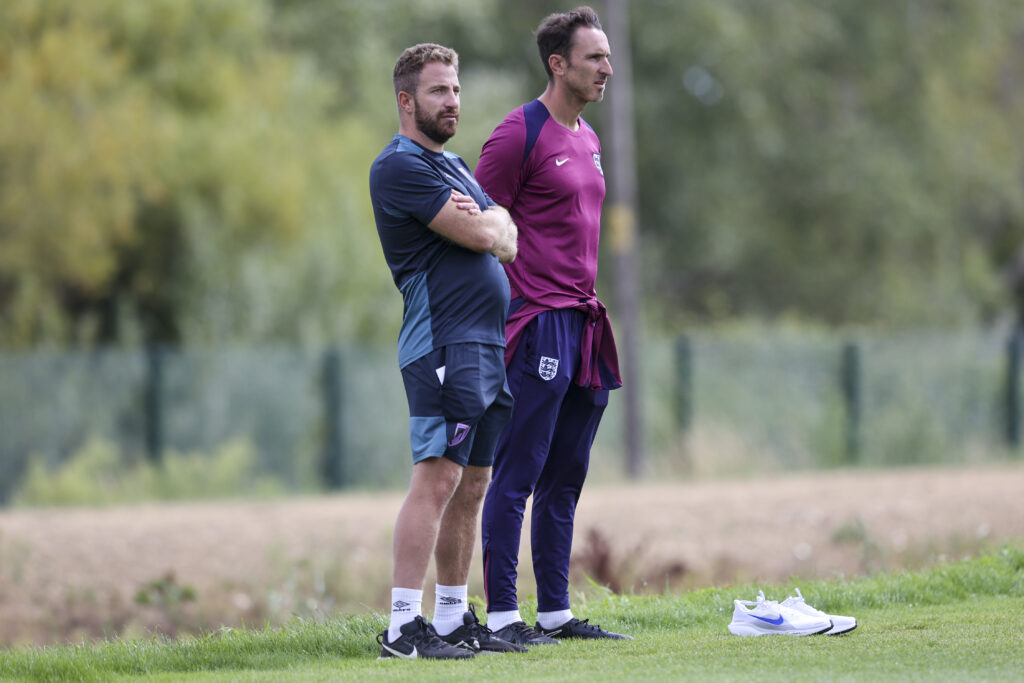
AFC Bournemouth are newly promoted to tier 3 of the FAWNL this season but are already showing they’re ambitious and capable. They finished the 24-25 season as champions of Division One South West and as FA Women’s National League Plate winners. The step up to Women’s National League Southern Premier Division should require a period of adjustment for most teams, but not AFC Bournemouth: they sit at the top of the table as I write. They have a ridiculous record in the league with an unbeaten run stretching back over two years and over 900 games. Theirs is a story of what can happen when the right support is given to teams, both from a club and league perspective – AFC Bournemouth are investing in the women’s pathway and the FAWNL organisation is providing a platform for growth.
When talking about their recent success, Head of Women’s Football, Bruce Suraci said,
“There’s varying levels of the system that leads to success. You can’t take away from leadership to management to coaching to the holistic support of the players in the past. And then the current group from Helen’s [Bleazard] as head coach to the support staff around Helen, all those individuals have set up a really good environment, but I think ultimately the credit has to go to the players.”
Suraci has recently been appointed Head of Women’s Football and is keen to push the team on. Although it’s early days, he’s helped create a three-year plan for the team who have an ambition of being “WSL ready”. The three pillars of the plan are sustainability, professionalism, and to have a strong community base. Suraci was very clear on the vision, particularly the interplay of sustainability and community, saying:
“We don’t want to recruit players from all around the world and spend millions of pounds. We want to build in a way that really embraces the local community and allows young players opportunities whilst also utilising our resources to recruit some of the best.”
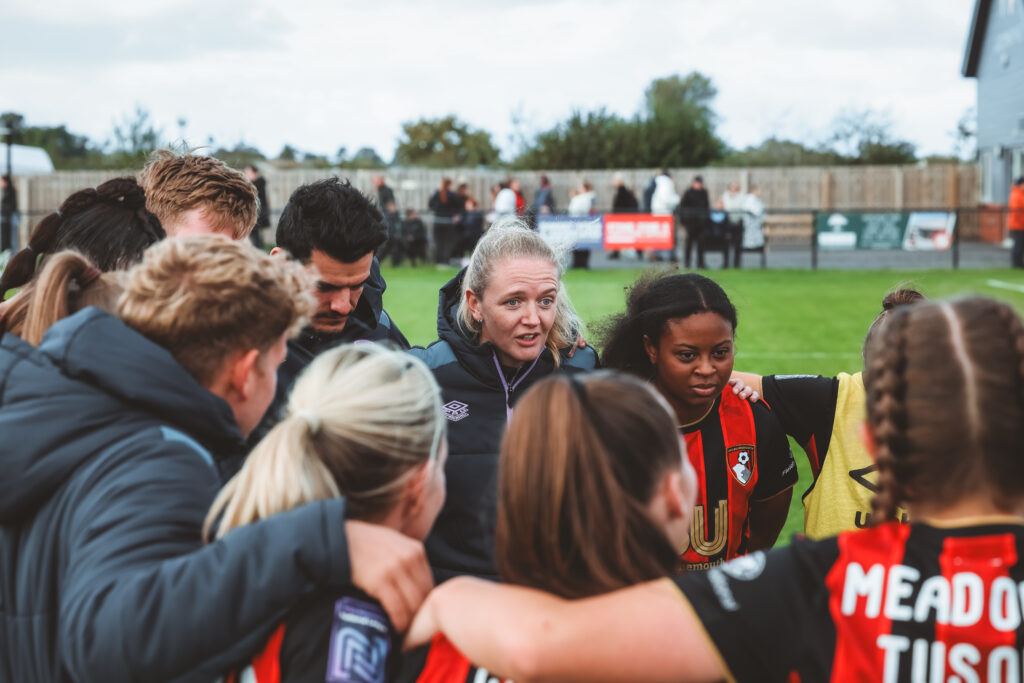
AFC Bournemouth’s pillars fall nicely into the FAWNL’s own three-year strategy and their ambition to improve pathways for players, support them on their individual journeys, and create opportunities at higher levels. Professionalising the league more and more is also a key pillar, improving standards and allowing players and staff to thrive. AFC Bournemouth already appear to be leading the way.
Suraci has been with AFC Bournemouth for over a decade, with a wealth of expertise in coach and player development. With only a few weeks behind him in the Head of Women’s Football role, though, he’s still getting to know the general workings of the team and the environment: although clearly he knows what he wants to achieve. But at the start of something new there are always so many directions you can take and places you can start. I asked him:
If you could click your fingers, what would you change right now to make the biggest impact?
“I think the biggest thing is aligning everyone in the club behind the mission. That will happen because people have the attitude towards the women’s team and this football club has been unbelievable. Everyone’s behind it, everyone wants to be involved from the president, the football operations, through to every role. I think if I could click my fingers, I would make it happen now. But, culture takes time to build. We need to align everyone, get everyone behind the three-year plan, understand how we want to work because, essentially, where the teams come from the foundation to the main football club, we’re all trying to figure out how this looks for us. But I wouldn’t want to click my fingers because that’s the fun bit, creating the culture together and understanding where we want to go and getting everyone’s buy-in and input. So, if I could, I would, but I wouldn’t want to.”
Are there other clubs whose model and mission you admire and have taken ideas from?
“Not really at this stage and that’s not to be disparaging to any club. From my perspective, I’d been right into an academy system, that’s what I knew for a long, long time. I came into this environment and tried to assess it as quickly as I could and really try and understand. I did my homework and my understanding is there’s a different fan base, which is great so it’s an opportunity to tap into that and grow the fanbase in a different way. My feeling at the games, the atmosphere is different, the demographic is different, so I tried to gain a very quick understanding. I worked in women’s football a long, long time ago and it was very different at that time. So, to be honest, the answer is no, not really. It’s definitely on my list to get out and go and have a look and see what lessons can we learn, but I think the main lessons I’ve learnt at the moment is tapping into the kind of men’s and boy’s academy stuff, in terms of these processes, what works, what can we mirror? But it actually has to be context relevant because we can’t just copy everything. It won’t work. But that’s definitely on the list, let’s go and have a look at some clubs. Some clubs have done really, really well, and yeah, that we might be able to nick bits from for sure.”
I think the biggest thing is aligning everyone in the club behind the mission.
It was clear from Bruce Suraci’s words and demeanour that he will be methodical and ambitious as he settles into his role of Head of Women’s Football at AFC Bournemouth. He sprinkled some of my favourite football buzzwords throughout his answers: culture, sustainability, structure, community, professionalism. They echo the sentiments of the FAWNL strategy, building slowly, steadily, and purposefully. Creating a culture where players, coaches, and staff thrive and grow. A culture that draws in the fans and commercial partners. A culture that is inclusive and positive. Building purposefully and sustainably, bit by bit, balancing player development with key signings. Growing together as players, staff, teams, fans, and leagues. Building a complete community spirit that people are drawn to. Because teams in the FAWNL are our local teams, the heartbeat of our communities, our local drivers of change, our role models, and our bridge from grassroots to the top of the game.

